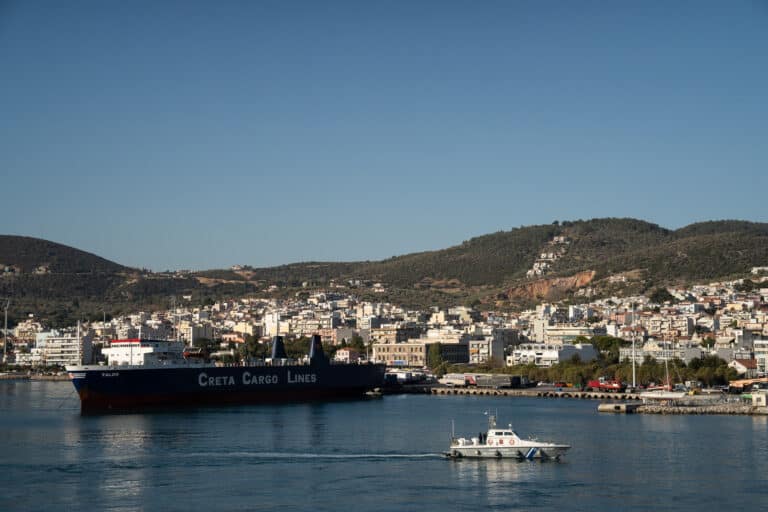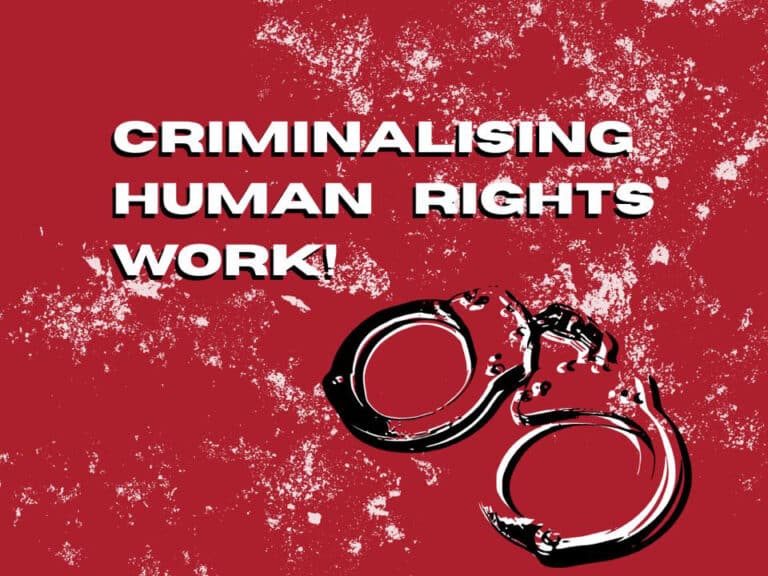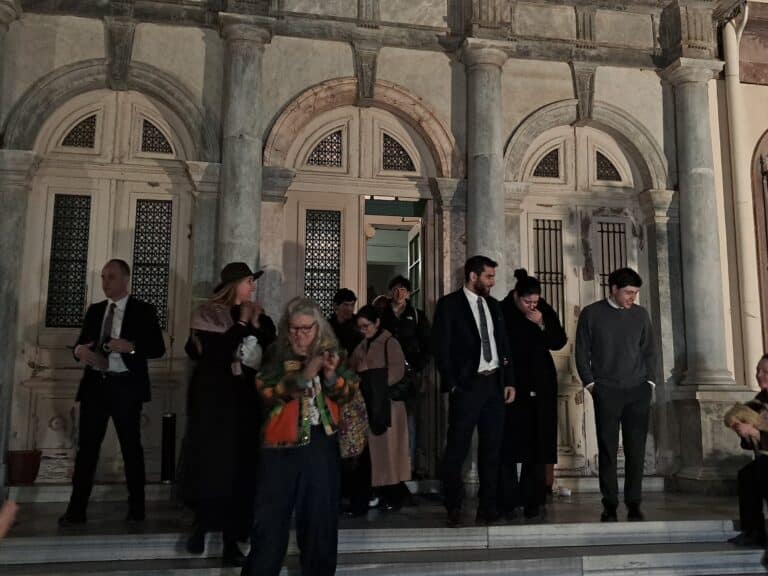PALESTINE
REFLECTION: Windows
by Marilyn
Paarlberg
“We need
windows to the outside world—windows to let our story out, to let in the
light. We need you to be our
windows. Will you be a
window? Will you? And you, and you?”
The finger that
points at me, the eyes that meet mine, the voice that locks itself into my
consciousness, is that of “Amal,” one of several Palestinian women
whom I have met thus far. I am in
the West Bank as part of a delegation jointly sponsored by Christian Peacemaker
Teams and the Reformed Church of America.
We have come to learn, to protest in nonviolent ways, to stand in
solidarity with Palestinians and Israelis who are working for peace in this
divided and war-torn land.
Amal is an
articulate representative of all the Palestinian women who have opened their
hearts, their homes, their stories to us.
She lives in Deheisheh, one of several United Nations refugee camps for thousands
of Palestinians who have been forced out of their villages by government order
but who refuse to leave their home country—the “internally
displaced.” Located within
Bethlehem, Deheisheh is a maze of narrow, tangled streets and alleyways. It is a community of contrasts. Drab cement-block walls serve as canvas
for painted murals, some depicting ancestral villages that exist only in the
memory of the camp’s oldest residents.
A kindergarten playground is surrounded with razor wire. Here and there, a fig tree grows next
to a fence covered with photos of young men who have “disappeared.”
The lined faces
of women like Amal tell stories of suffering. Theirs are stories of walls, roadblocks, and checkpoints; of
physical and verbal abuse; of homes vandalized, stolen, or bulldozed; of olives
groves cut down, wells poisoned, services denied. They are stories of arbitrary laws, arrest and imprisonment
of children as young as fourteen.
“Is it any wonder,” Amal wonders aloud, “that Palestinian
women have become light sleepers?”
The reasons for
and history of the present conflict are complex and far-reaching, but it is
clear to all of us who have been meeting and living with Palestinians this past
week that those who have called this region home for centuries want to exist in
justice and peace with their neighbors—Jews, Muslims and Christians alike.
Will you be a
window? Amal looks at me. Will you tell our story? I am still pondering her question,
already aware that I have raised the sash.
[Members of the
April 6-18 Christian Peacemaker Teams/ Reformed Church delegation included Tom
and Sharon Arendshorst (Holland, Michigan), Barbara Carville (Grand Rapids,
Michigan), Fathiyeh Gainey (Palestine and London, United Kingdom), Tom Goodhart
(Ridgewood, New York), Sarah MacDonald (Iowa City, Iowa), Gloria McCanna
(Fishkill, New York), John and Marilyn Paarlberg (Albany, New York), Sandra
Milena Rincon (Bogota, Colombia) and Marlin Vis (Zeeland, Michigan).]



